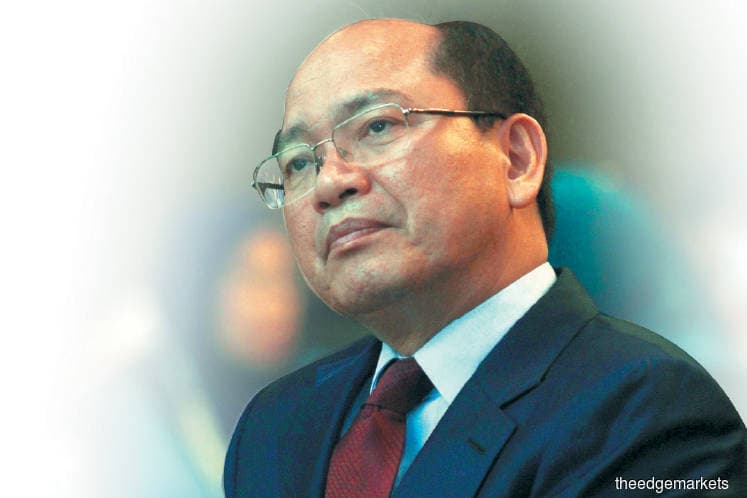
This article first appeared in The Edge Financial Daily on November 16, 2018
KOTA KINABALU: The Sabah government has reaffirmed its pledge that the state will produce palm oil that will be compliant with the Roundtable on Sustainable Palm Oil (RSPO) standards by 2025.
Speaking at the closing of the 16th instalment of the annual Roundtable Conference on Sustainable Palm Oil held here yesterday, Sabah’s Deputy Chief Minister Datuk Seri Panglima Wilfred Madius Tangau said the decision was arrived at after the state cabinet’s deliberations.
“We recognise that this is not enough and we have a long way to go. In 2015, Sabah made a 10-year commitment for all oil palm products produced in the state to be 100% RSPO-certified by 2025.
“And I was made to understand that this was one of the concerns, especially after the change of government. But this direction will continue to be adopted by the present government. Let me assure you that the cabinet has deliberated on this and has decided to continue with this,” he said in his closing speech.
He said the decision to adopt the RSPO standards will not be contradictory to the federal government’s Malaysian Sustainable Palm Oil (MSPO) certification scheme.
“We realised that there are a lot of merits and strengths to be RSPO-compliant and that is why the [Sabah] cabinet has agreed and has decided to go along this path.
“This does not mean we will forgo our own standard, the MSPO. In fact, the federal government is putting money into MSPO and we will do this concurrently,” he said.
According to Tangau, in 2017 Sabah produced over 5.2 million tonnes of crude palm oil (CPO), contributing some 30% of Malaysia’s total production, or roughly 12% of the global supply.
The state is also Malaysia’s largest producer of RSPO-certified sustainable palm oil, at 1.55 million tonnes from January to October this year.
This means that 28% of Sabah’s palm oil production, or about 400,000 hectares (25%) of the total oil palm plantations in Sabah are RSPO-certified. And of this, about 623 smallholders covering a total area of 3,960ha have achieved the RSPO certification, Tangau said.
In his closing address, RSPO co-chairman Datuk Carl Bek-Nielsen highlighted the huge gap between the supply and demand of RSPO-certified palm oil and called for greater commitment from buyers.
He said the current uptake of certified palm oil, at 65% of the global supply, is disappointing and will require shared responsibilities.
He also said the time has come for RSPO members to be obliged to put forward and be audited against time-bound plans to move towards 100% certified palm oil.
“The practice of shifting the goalpost when voluntary targets approach must come to an immediate end,” he said.